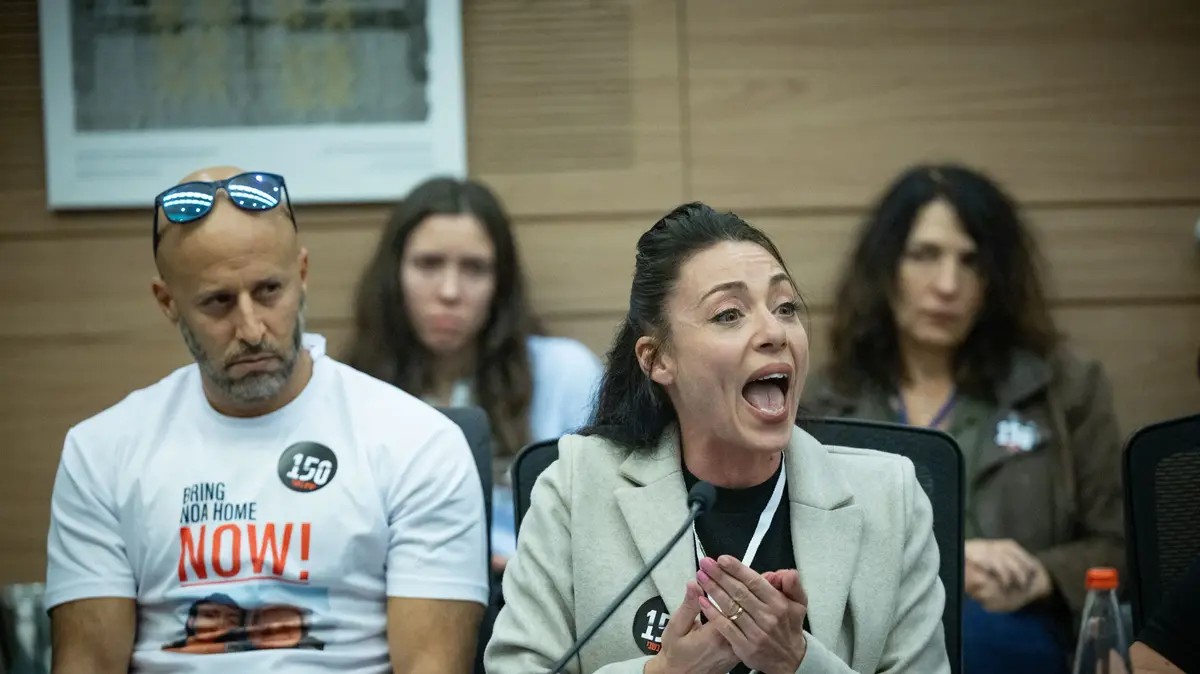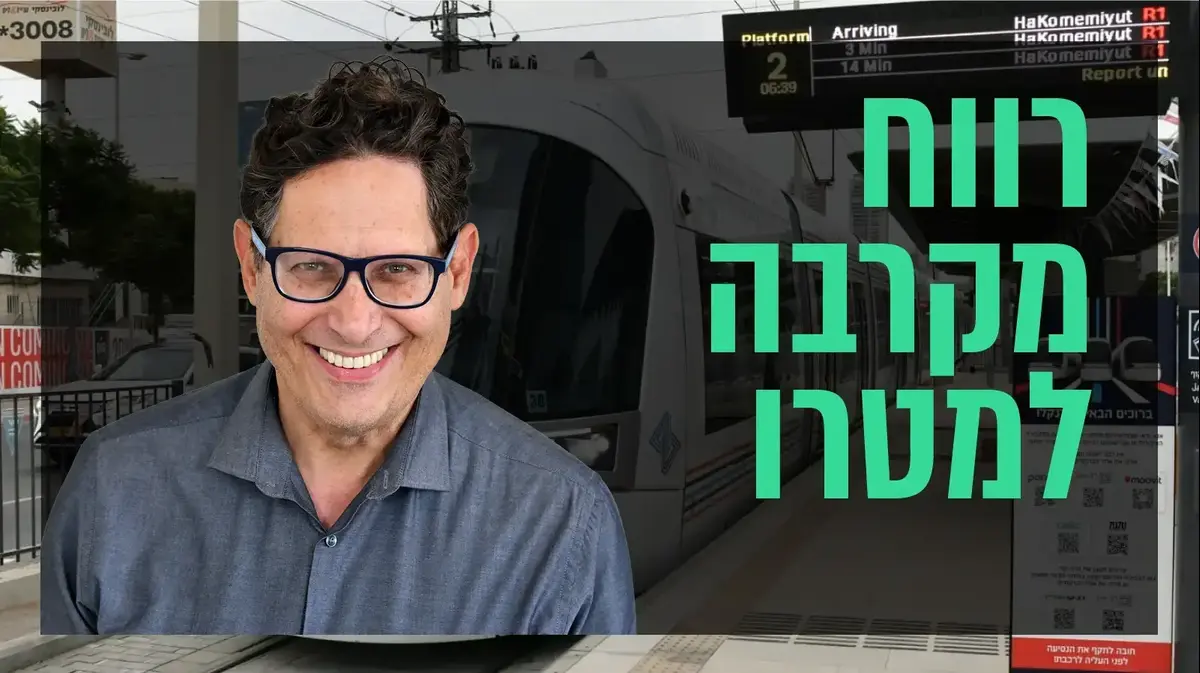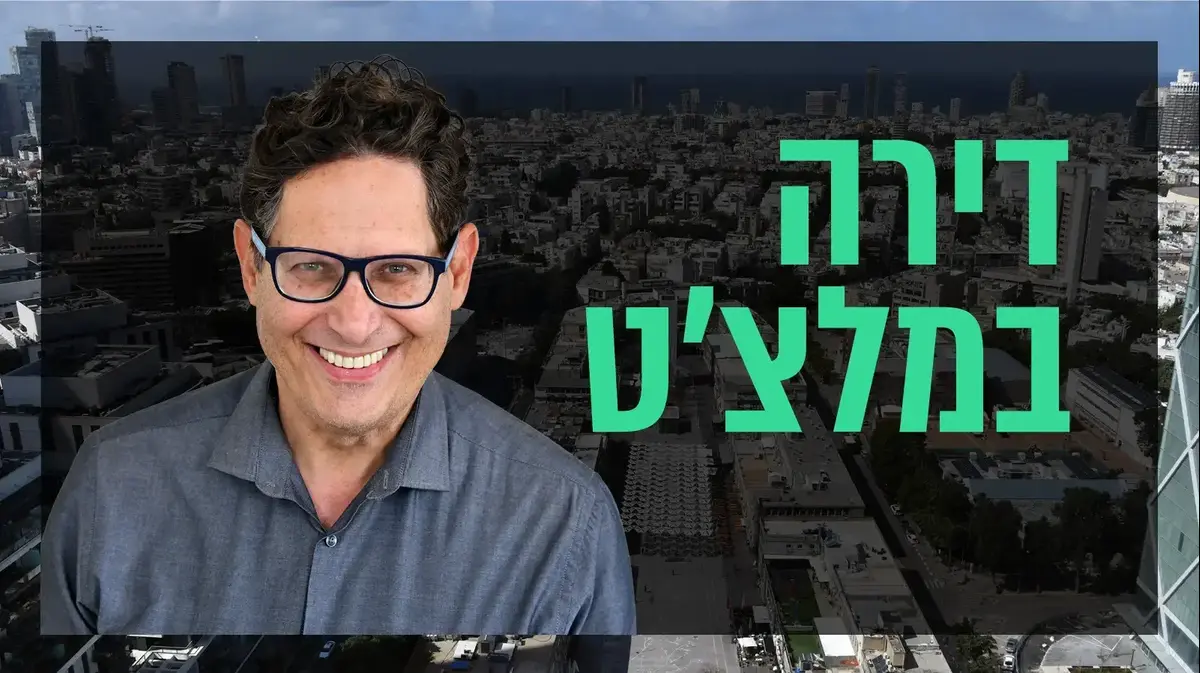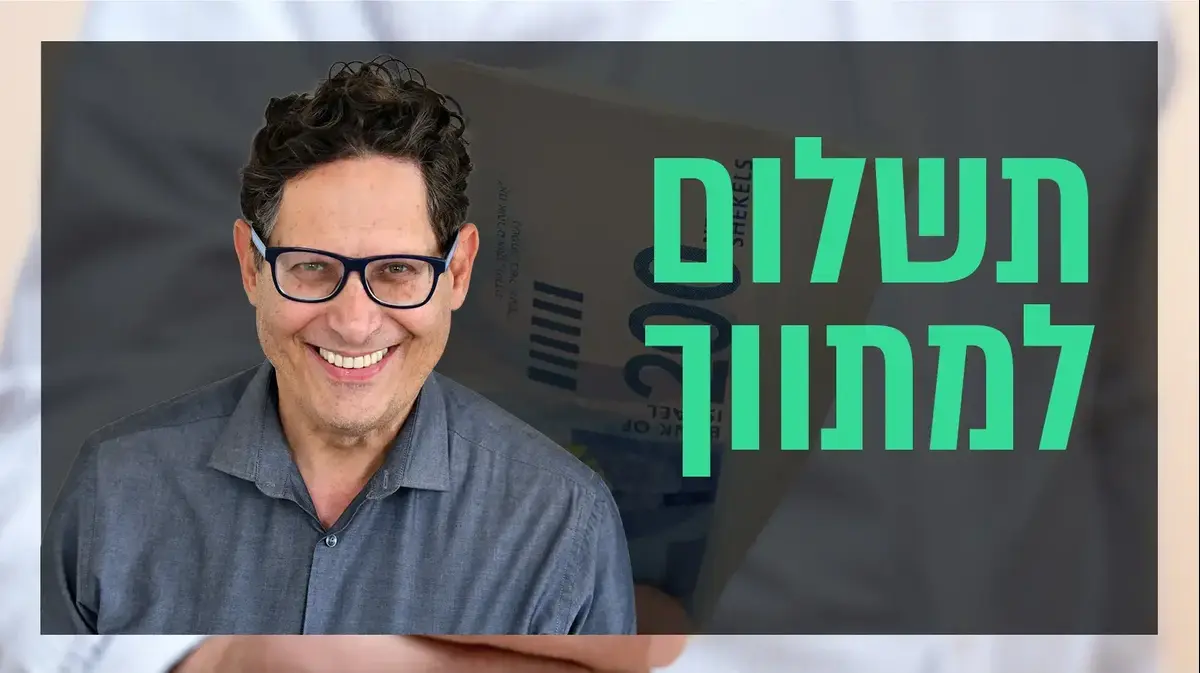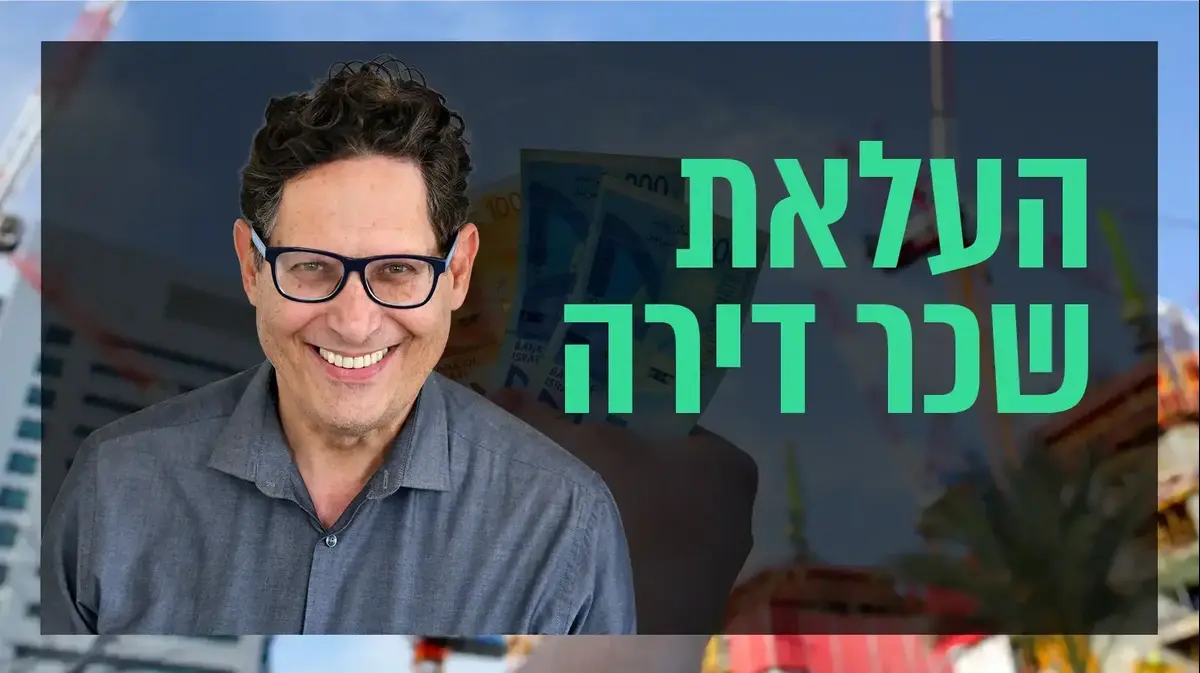Execution: Could it be that we have forgotten who the real victims are?
The bill that comes to protect the debtors is abandoning the small businesses: only a small portion of the execution cases deal with debtors who have fallen into a Kafkaesque situation in front of huge companies.
In a large proportion of cases, these are people who have harmed small businesses and may bring them into bankruptcy
Adv. Shai Shemesh
10/01/2022
Monday, 10 January 2022, 09:58 Updated: 10:12
Share on Facebook
Share on WhatsApp
Share on Twitter
Share on Email
Share on general
Comments
Comments
A new bill passed this month in a preliminary reading, seeks to deal with a situation that quite a few Israelis are familiar with: small debts that accumulate fines and various additions, and swell to dimensions following the opening of a case for execution. Not infrequently, this situation was caused because the debtor did not know at the time about the debt and did not receive any notice about it.
The proposed law seeks to prevent such cases by extending the time period for settling the debt from 30 days to 60, establishing clear rules for providing notice and delaying the costs of opening the case in execution on the plaintiff and not on the defendant, with the aim of making execution only a last resort.
It all sounds right and fair.
Presumably the proponents of the law imagined all those cases where the petty citizen was trampled by huge corporations for no wrong in his palm, and got into huge debts that he could not close as a result of unnecessary technical glitches.
The bill's initiator, MK Yael Ron Ben Moshe of the Blue and White Party, explained that the background to this was cases brought to her attention on the collection of debts on driving on Highway 6, in which enforcement cases were opened without the drivers even knowing about the said debt.
Good to know (promoted)
Due to the growing demand for effective pain treatment: B-Cure laser in a special operation
Served on behalf of Bee Cure Laser
Contrary to the image of huge companies facing poor debtors, the story in cases that are executed is in many cases the opposite.
The debtor is the poor man who finds himself in an impossible situation in front of a debtor who laughs in his face (Photo: Reuven Castro)
The desire to avoid such Kafkaesque situations is certainly commendable. But to do this one has to see the full picture. In reality, many times the debtors are in fact the small citizen - self-employed and small business owners like a grocery or garage, who are forced to resort to execution to collect debt after being desperate to try other ways.
In fact, the annual report of the Enforcement and Collection Authority for 2020, showed that about 80% of the winners (i.e., the plaintiffs) in enforcement cases are private individuals, compared to companies that make up only 19% of the winners. The report also shows that debts from transportation services and toll roads , Like the one that spawned the bill, accounted for only about 3% of all cases in 2020, and certainly not a representative case.
The report also shows that over 90% of cases are represented by lawyers, who work in many cases for their clients. Funds.That is, many and active actions of law firms are required in order to collect, and these are not simple procedures or that officials can easily perform.
Adv. Shai Shemesh, expert in insolvency and repayment and commercial litigation (Photo: Meital Azulai)
The law that is supposed to amend, will only spoil
Therefore one should also see the other side of the coin. Many times, debtors find themselves facing a broken trough and stand helpless in front of debtors, without being able to collect the debt. The overwhelming majority of attempts to repay the debt without resorting to legal proceedings have failed.
When it comes to small businesses with a low turnover, such a situation can lead to instability and severe economic damage. The law should protect them as well. When the state considers them a nuisance or worse, it is an unbearable injustice.
Additional implications of the proposed law should be considered. When enforcement proceedings are imposed on the plaintiffs, large companies are likely to prefer to waive the debts and impose the loss on the rest of the consumers in order to balance (this at a time when small businesses are unable to do so). In the end, the loser is the consumer.
In addition, the bill calls for the transfer of responsibility for the management of enforcement proceedings to the state.
This is an unrealistic move.
In practice, there are tens of thousands of cases every month.
Already today, the collection route office at the Collection Authority, which was established to streamline the process, handles a very limited number of cases that are only decreasing, which indicates that this is not an effective service for the citizen.
It is doubtful whether the state is prepared for such a change, which requires the addition of many standards to avoid procrastination and an endless traffic jam of requests.
Here too, those who will pay the price will be the small businesses.
The new law seems to seek to rectify the situation, but in practice it may spoil it even more.
All components of the bill and their meaning must be considered and it must be ensured that the interests of all parties in the equation are protected.
The author:
Adv. Shai Shemesh, expert in insolvency and repayment and commercial litigation
Of money
Tags
Execution
Debts
Lawyers



